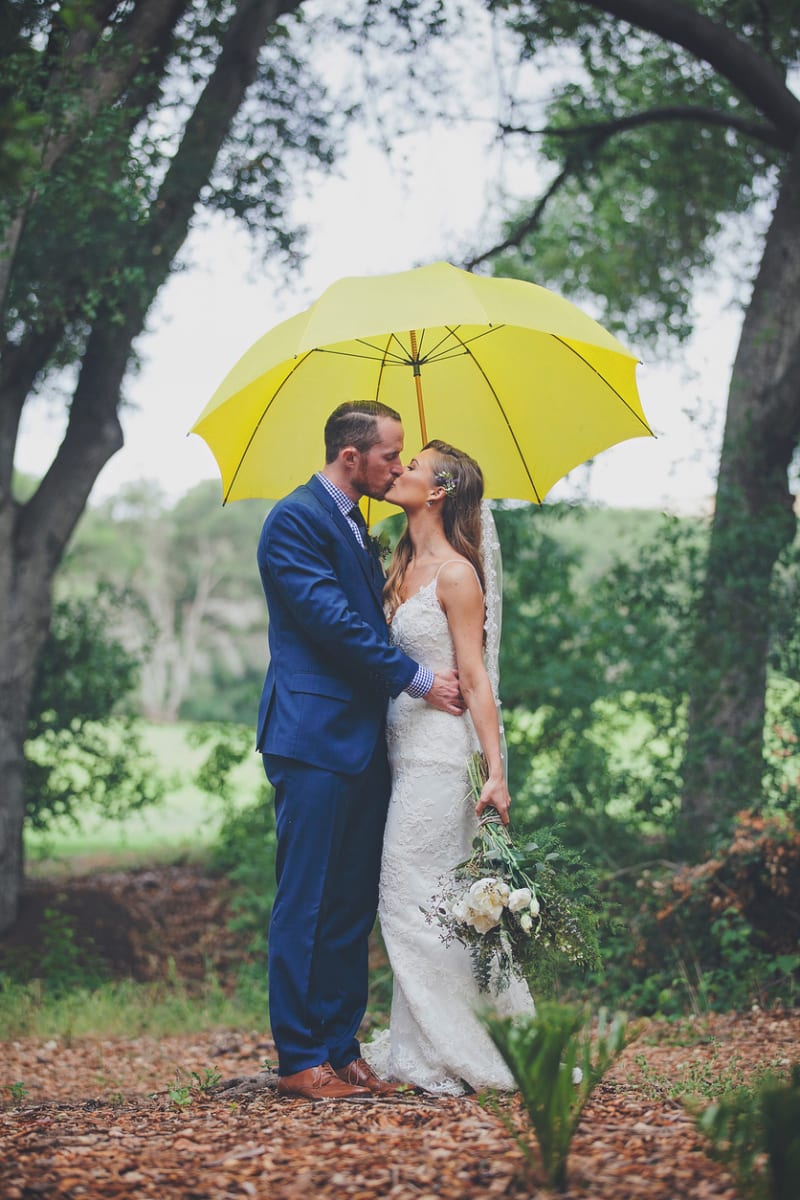-
Aufgabe 1
Dauer: 10 Minuten 12 PunkteWriting
Superstitions (Aberglauben) are part of every culture. Look at the photos and write some superstitions from English-speaking countries. Guess if you don’t know.
iStock.com/Photobosschwarze-KatzeiStock.com/Photo_RussiaiStock.com/lilburdiStock.com/PavelRodimov -
Aufgabe 2
Dauer: 5 Minuten 8 PunkteGrammar
Type III if-clauses can have result clauses that describe a result that is true today, or that describe a result that happened in the past. Tick if the result is true today (“current result”) or if the result happened in the past (“past result”).
current result past result If I had worked harder in school, I would have a better job. If you had seen the advertisement, would you have applied for the job? She would have taken the bus if she had known. If they hadn´t eaten too much last night, they wouldn´t all have stomachaches. We wouldn´t have seen that movie if we had known it was so boring. If we had chosen a different holiday destination, we wouldn't be sitting inside because of the rain. Would he have gone to the concert with me if I had asked him? If she hadn´t posted an unkind comment about our classmate, more people would talk to her. -
Aufgabe 3
Dauer: 10 Minuten 12 PunkteGrammar
Use the information in brackets to complete the dialogues. Use type I, type II, or type III (past result) if-clauses.
- A: Do you have plans on Friday?
B: No, not at the moment. But if we ____________ (to go) to the club, we ____________ (to call) you. (type I) - A: I really don’t know whether he’s a nice guy. He didn’t give his mother anything for her birthday.
B: Of course he’s a nice guy. He was busy and forgot. If he ____________ (to remember) his mother’s birthday, he ____________ (to buy) her a present. (type III, past result) - A: What do you think I should do?
B: To be honest, I ____________ (to apply) for both job training programmes if I ____________ (to be) you. (type II) - A: I have to mail this letter today, but I don’t have time to go to the post office.
B: Maria is going to the post office this afternoon. She ____________ (to take) your letter to the post office if you ____________ (to ask) her. (type I) - A: It’s too bad they didn’t get tickets for the concert.
B: The tickets went on sale on Monday, but they tried to buy the tickets on Friday. If they ____________ (to call) on Monday, they ____________ (to get) tickets. (type III, past result) - A: What’s your dream country to study in?
B: I ____________ (to go) to Australia if I ____________ (to study) anywhere. (type II)
-
Aufgabe 4
Dauer: 10 Minuten 12 PunkteListening
Listen to the short dialogues. Mark the correct statements.
Inhalt wird geladen...Dialogue 1
Both people arrived at the practice early. true/false
One of the people arrived at the practice early. true/false
The people did not arrive at the practice early. true/false
Dialogue 2
One of the speakers plans to go hiking this weekend. true/false
One of the speakers will definitely not go hiking this weekend. true/false
One of the speakers thinks hiking is dangerous. true/false
Dialogue 3
Both speakers want would want to know their futures. true/false
One of the speakers would want to know his/her future. true/false
The speakers would not want to know their futures. true/false
Dialogue 4
Both speakers have been to Croatia. true/false
One of the speakers flew to Croatia. true/false
One of the speakers drove to Croatia. true/false
-
Aufgabe 5
Dauer: 10 Minuten 10 PunkteTranslation
Translate the sentences into English.
- Du hättest deinen neuen Freund nicht getroffen, wenn du nicht zur Party gegangen wärst.
- Wir wären noch Freunde, wenn sie nicht dieses schreckliche Foto gepostet hätte.
- Würde mein Vater einen Job in London annehmen, würden meine Mutter und ich in Deutschland wohnen bleiben, bis ich mit der Schule fertig wäre.
- Wenn du ins Team eintreten möchtest, dann musst du sehr hart arbeiten.
- Es würden weniger Menschen hinfallen, wenn das Loch im Gehweg repariert werden würde.
-
Aufgabe 1
Writing
Superstitions (Aberglauben) are part of every culture. Look at the photos and write some superstitions from English-speaking countries. Guess if you don’t know.





